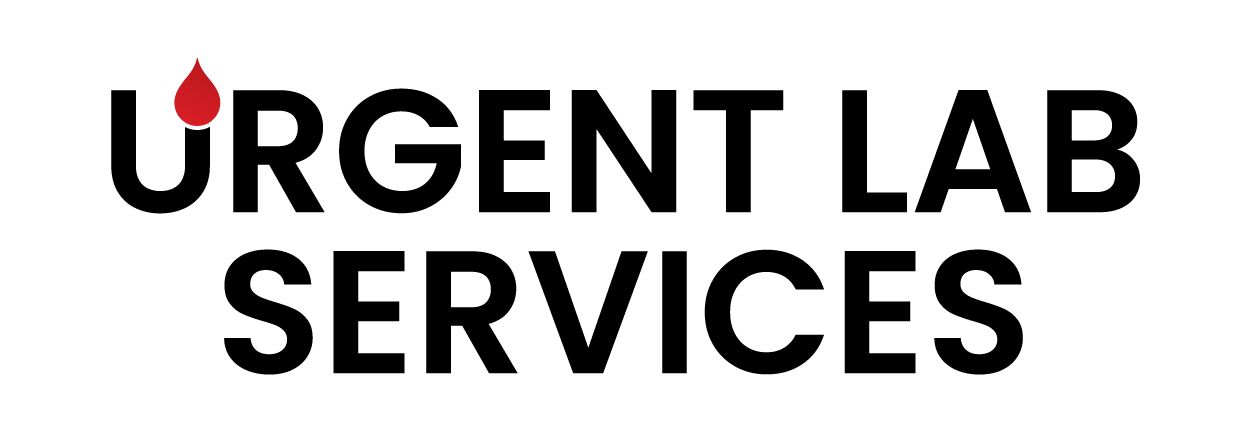How to Prepare for Your First Blood Test: Tips from Jacksonville Phlebotomists
Understanding the Importance of Blood Tests
Blood tests are a crucial part of routine health checkups, helping doctors diagnose conditions, monitor diseases, and assess overall health. Whether it's your first time getting a blood test or you're just looking for some guidance, understanding the process can help alleviate anxiety and ensure accurate results.

Consult With Your Healthcare Provider
Before your blood test, it's important to consult with your healthcare provider. They can provide specific instructions depending on the type of test you need. For instance, some tests require fasting, while others might not. Understanding these requirements is key to getting accurate results.
Make sure to inform your doctor about any medications or supplements you are taking, as these can influence the results. Your healthcare provider might ask you to stop certain medications temporarily before the blood test.
Plan Your Test Day
The day of your blood test can be more manageable with a little planning. If fasting is required, schedule your appointment for early in the morning so you can eat soon after. Remember to wear comfortable clothing with sleeves that can be easily rolled up.

Hydration is also important. Drinking plenty of water helps make your veins more accessible, which can ease the process for both you and the phlebotomist drawing your blood.
Managing Anxiety and Discomfort
It's normal to feel anxious about a blood test, especially if it's your first time. Try practicing deep breathing exercises or listening to calming music on the way to your appointment. Let the staff know if you're nervous; they are trained to help patients feel comfortable and can offer additional support if needed.
If you are worried about pain, remember that the procedure is typically quick and involves only a small prick. Focusing on a fixed point or engaging in conversation with the technician can be effective ways to distract yourself.

After the Blood Test
Once your blood test is complete, apply pressure to the puncture site and keep it elevated if necessary to prevent bruising. It's a good idea to have a snack on hand if you've been fasting, as this will help stabilize your blood sugar levels.
If you notice any unusual symptoms such as excessive bruising or prolonged bleeding, contact your healthcare provider immediately. However, most people experience no complications and can resume their daily activities right away.
Understanding Your Results
Your healthcare provider will contact you with your results and explain what they mean for your health. It's important to ask questions if there are any aspects you're unsure about. Understanding your results empowers you to make informed decisions about your health moving forward.
Preparing for your first blood test doesn't have to be daunting. With these expert tips, you'll be ready to face it confidently and ensure the best possible outcome for your health assessments.
